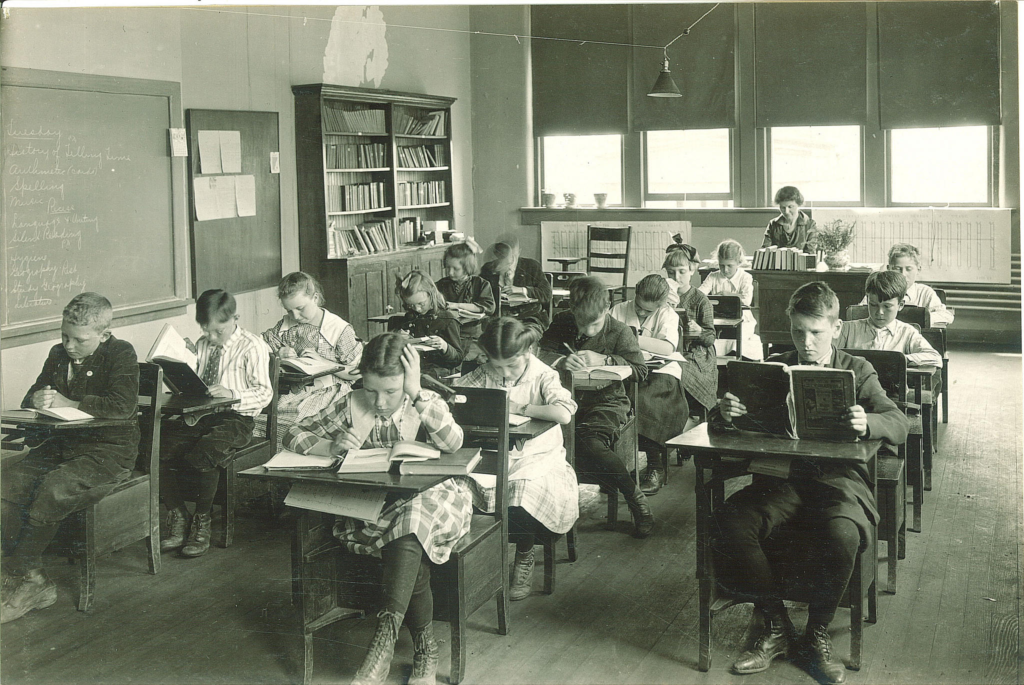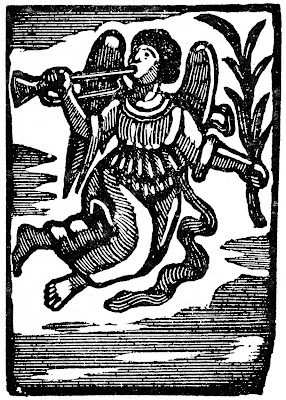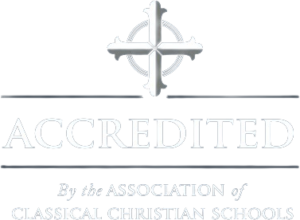Here’s a novel thought: let’s know what education is before we try to do it.
And here’s another novel thought (ironic as it might be): education for the future needs to be formed by the past. This is to say that innovation for innovation’s sake in education is nothing more than planned obsolescence, with consequences in both time and eternity for the souls of those receiving the education. We need an ancient-future education. We need a new old way of educating.
Providence is part of an exciting movement that is recapturing just such a distinctly classical and decidedly Christian way of educating that impacts souls, families, communities, and cultures.
So what is education and what can we learn about it from our classical Christian forbears? Let’s hear from some of those forbears and a few current educators who have formed definitions of education from those forbears.
————
This purifying of wit, this enriching of memory, enabling of judgment, and enlarging of understanding, which commonly we call learning, under what name soever it come forth or to what immediate end soever it be directed, the final end is to lead and draw us to as high a perfection as our degenerate souls, made worse by their clay lodgings, can be capable of.
— Sir Philip Sidney, Defense of Poesy (1579)
EDUCATION – The bringing up, as of a child; instruction; formation of manners. Education comprehends all that series of instruction and discipline which is intended to enlighten the understanding, correct the temper, and form the manners and habits of youth, and fit them for usefulness in their future stations. To give children a good education in manners arts and science, is important; to give them a religious education is indispensable; and an immense responsibility rests on parents and guardians who neglect these duties.
– Noah Webster’s Dictionary (1828)
The end then of learning is to repair the ruins of our first parents by regaining to know God aright, and out of that knowledge to love him, to imitate him, to be like him, as we may the nearest by possessing our souls of true virtue, which being united to the heavenly grace of faith makes up the highest perfection.
– John Milton, “Of Education” (1644)
The most important fact about the subject of education is that there is no such thing. Education is not a subject, and it does not deal in subjects. It is instead the transfer of a way of life.
– G.K. Chesterton
The purpose of education is not the assimilation of facts or the retention of information, but the habituation of the mind and body to will and to act in accordance with what one knows.
– David Hicks, Norms and Nobility
For the sole true end of education is simply this: to teach men how to learn for themselves; and whatever instruction fails to do this is effort spent in vain.
– Dorothy Sayers, “The Lost Tools of Learning”
Our greatest inheritance, the very foundation of our civilization, is a marvel to behold and consider. If I tried to describe its rich legacy with utmost brevity, I should take the Latin word humanitas. It represents in the widest sense, the accumulated harvest of the ages; it is the fine flower of a long discipline of Christian thought. It is the Western mind of which we ought to turn our attentions to careful study.
– John Buchan
Classical education is the cultivation of wisdom and virtue by nourishing the soul on truth, goodness, and beauty so that, in Christ, a student is better able to know, glorify, and enjoy God.
– Andrew Kern









